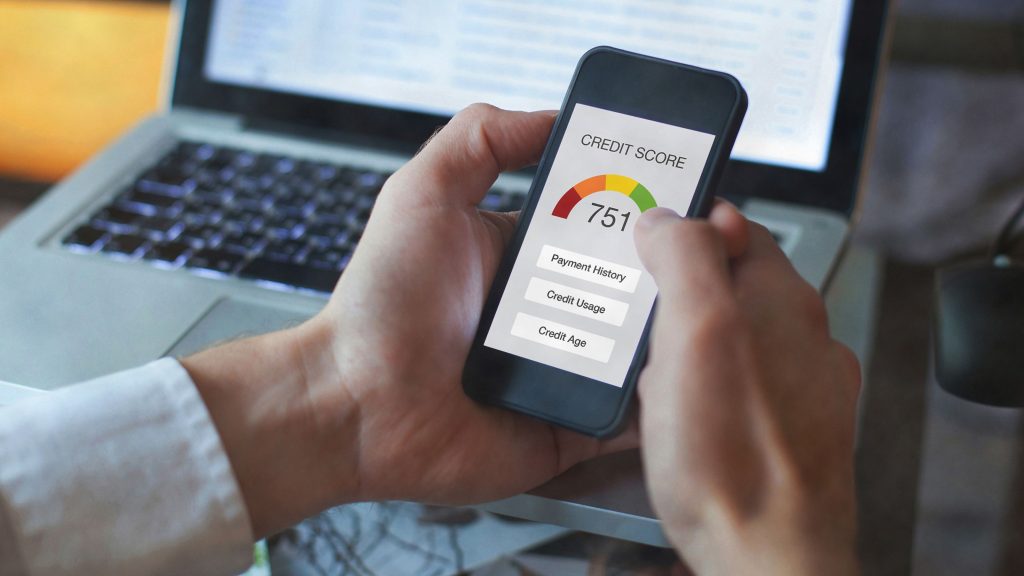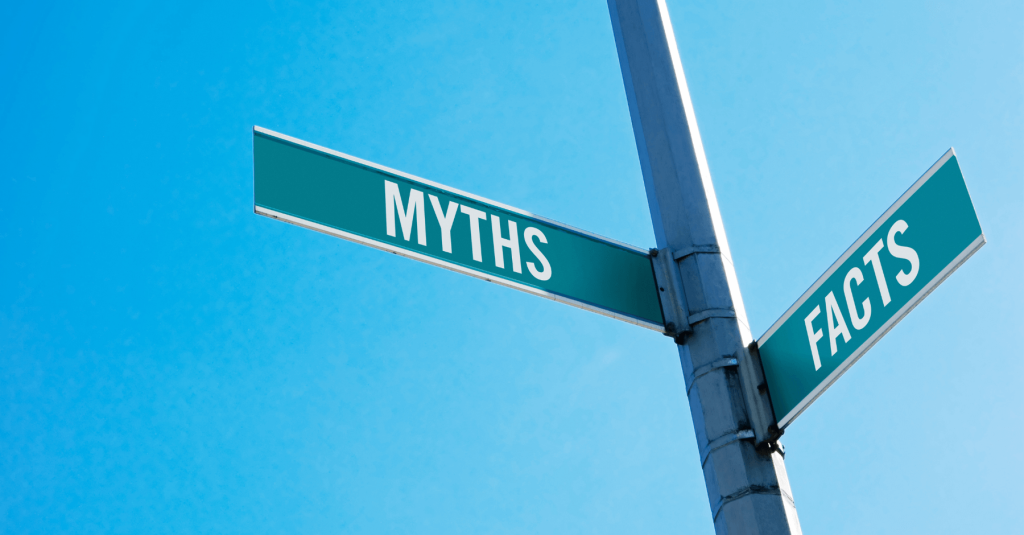Credit scores play a crucial role in financial well-being, especially when applying for loans or credit cards. Unfortunately, myths and misconceptions about credit scores abound, leading many people to make uninformed decisions that can negatively impact their creditworthiness. In this article, we will debunk the top credit myths in the Philippines, helping you distinguish fact from fiction and empowering you to make informed choices about your credit.
Myth 1: Closing Credit Cards Improves Credit Score
One common misconception is that closing credit card accounts will boost credit scores. In reality, this can harm your credit utilization ratio, which is a significant factor in credit score calculations. Closing a credit card reduces your available credit, leading to a higher utilization rate, and potentially lowering your credit score.
Myth 2: Having No Credit Card is Better for Credit Score
Some believe that staying away from credit cards altogether will result in a higher credit score. While not having a credit card can prevent debt, it also means no credit history, making it difficult for lenders to assess your creditworthiness. A limited credit history can negatively impact your credit score.
Myth 3: Checking Credit Score Lowers It

This is a persistent myth that causes unnecessary worry. Checking your own credit score is considered a “soft inquiry,” and it has no impact on your credit score. Regularly monitoring your credit score is essential for staying financially responsible.
Myth 4: Debt Settlement Improves Credit Score
Debt settlement may seem like an appealing option, but it can harm your credit score in the long run. Settling a debt for less than the full amount shows up on your credit report and can be seen negatively by lenders.
Myth 5: Paying Off All Debts at Once is Best
While paying off debts is essential for improving credit scores, paying everything off at once may not be the best strategy. It is better to focus on paying high-interest debts first and then gradually paying off other debts.
Myth 6: Carrying a Small Balance Helps Credit Score
Contrary to popular belief, carrying a small balance on your credit card does not improve your credit score. Paying off your credit card balance in full and on time is the best practice for maintaining a good credit score.
Myth 7: Closing Old Accounts is Good for Credit Score
Some believe that closing old accounts will help their credit score, but this is not true. Older accounts with a good payment history positively contribute to your credit score, so it’s better to keep them open.
Myth 8: Credit Scores Don’t Change Quickly
Credit scores can fluctuate based on your financial behavior. Positive actions like paying bills on time and reducing debts can lead to a quick improvement in your credit score, while negative actions can lead to a rapid decline.
Myth 9: Paying Collections Removes Them from Credit Report

Paying off collections does not automatically remove them from your credit report. They may remain on your report for up to seven years, affecting your creditworthiness during that time.
Myth 10: Good Credit Means No Financial Problems
Having a good credit score doesn’t mean you are financially problem-free. It only indicates that you have a positive credit history and are likely to repay loans on time.
Myth 11: All Debts are Equal in Credit Score Calculation
Not all debts are treated the same in credit score calculations. Credit card debt, for example, may have a more significant impact on your credit score compared to installment loans.
Myth 12: Multiple Inquiries Always Hurt Credit Score
Multiple credit inquiries in a short period can hurt your credit score. However, multiple inquiries related to mortgage or auto loans within a specific time frame are typically counted as a single inquiry.
Myth 13: Credit Repair Companies Work Wonders
Be cautious of credit repair companies promising to fix your credit score quickly. While they can help identify errors and disputes, there is no magical solution for overnight credit repair.
Myth 14: Paying on Time Guarantees Excellent Credit Score
While paying bills on time is vital, it’s not the only factor that determines your credit score. Other factors such as credit utilization and credit history also play a significant role.
Myth 15: Cosigning Has No Impact on Credit Score
Cosigning a loan means you are equally responsible for the debt. Any late payments or defaults can negatively affect both the borrower’s and the cosigner’s credit scores.







